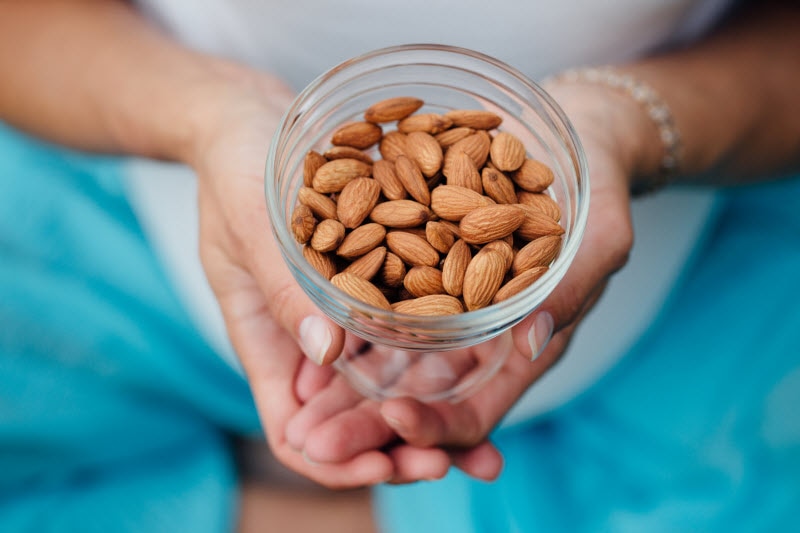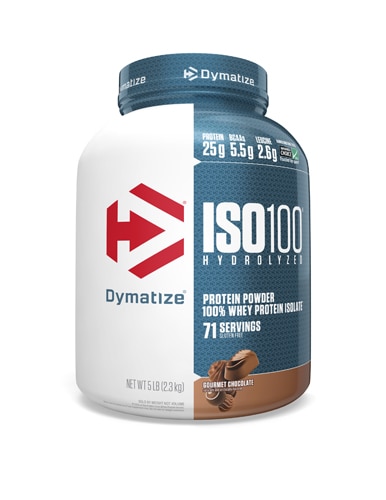[vc_row][vc_column][vc_column_text]Millions of people believe a protein-rich diet can help them lose weight, and the science appears to back them up. Numerous studies have found a link between eating
protein and weight loss.
But what do you really know about protein?
As it turns out, this nutrient plays a crucial role in keeping your body healthy that goes far beyond a trim waistline.

Why is protein important?
Proteins are made up of chains of
amino acids. As a class, proteins are often referred to as the “building blocks” for life. Every cell in the body contains protein, which helps to both make and repair cells.
“Proteins are the major structural part of the body's cells and can be found in the skin, bones, fingernails, hair, muscles, blood vessels and blood,” says Toby Amidor, a registered dietitian and author of the book "
Diabetes Create Your Plate Meal Prep Cookbook."
In addition, proteins function as the building block for enzymes, hormones and vitamins.
One overlooked
role of proteins is that along with fat and carbohydrates, they are among the nutrients that bring calories to the body.
Proteins also:
- Transport substances around the body
- Maintain fluid and acid-base balance in the body
- Help with blood clotting
- Serve as antibodies that bind to viruses and bacteria and protect the body
When you sink your teeth into a hamburger or finish a bowl of
quinoa, the protein that goes into your body is digested and broken down into amino acids.
These amino acids can be divided into three groups.
- The body does not make these nine amino acids, so you only get them from food over the course of a day.
- The body uses essential amino acids to make nonessential amino acids, or makes nonessential amino acids as part of the normal breakdown of proteins. There are 11 nonessential amino acids.
- The body needs these amino acids in times of stress and illness. They are known as “conditional” because they are “essential” only in certain circumstances.
Getting enough protein
There are many ways to get protein from your diet. “You can get high-quality protein from both animal and plant sources,” Amidor says.
Good sources of protein include:
Proteins in meat and other animal products are complete, meaning they supply all the amino acids the body requires from food. On the other hand, plant proteins usually are incomplete, posing a challenge for those who do not eat meat
However, Amidor emphasizes that vegetarians and vegans can get plenty of protein into their diet, so long as they eat the right mix of foods.
“If someone is a lacto-vegetarian, including milk and dairy products in addition to plant-based protein sources helps,” she says. “For ovo-vegetarians, eggs would also be helpful in addition to
plant-based protein sources.”
A vegan should consume a variety of protein sources at each meal. In addition to the non-meat sources from the list above, they should consider:
Some people turn to protein powders to get their fix of this nutrient. But it’s important to note that the U.S. Food and Drug Administration does not regulate supplements such as protein powder. That means these powders may contain added sugars, noncaloric sweeteners and other ingredients.
Can you get too much protein?
The amount of protein you need each day depends on many factors, including your age, sex, height and weight. The amount of activity you engage in also plays a role in how much protein you need.
As a general rule, those who are 9 or older need somewhere between 5-ounce and 7-ounce equivalents of protein, according to the federal government, with 1-ounce equivalent represented by:
- 1 ounce of cooked meat, poultry or fish
- ¼ cup cooked beans
- 1 egg
- 1 tablespoon peanut butter
- ½ ounce nuts or seeds
You can find a more detailed breakdown of
how much protein you may need at the U.S. Department of Agriculture’s MyPlate website.
As with any type of food, eating too much protein-rich fare can have consequences.
“The risk of
eating too much protein is that you can also be taking in a lot more calories than you need,” Amidor says.
In particular, you should be careful not to get too much of your protein from high-fat sources of meats or processed meats. “Then, you can be eating too many calories and saturated fat that can lead to a variety of chronic diseases,” Amidor says.[/vc_column_text][/vc_column][/vc_row][vc_row][vc_column][vc_text_separator title="Featured Products" border_width="2"][vc_row_inner equal_height="yes" content_placement="middle" gap="35"][vc_column_inner width="1/3"][vc_single_image image="159741" img_size="full" alignment="center" onclick="custom_link" img_link_target="_blank" css=".vc_custom_1652306990149{padding-right: 7% !important;padding-left: 7% !important;}" link="https://www.vitacost.com/designer-protein-natural-100-whey-protein-strawberry"][/vc_column_inner][vc_column_inner width="1/3"][vc_single_image image="159742" img_size="full" alignment="center" onclick="custom_link" img_link_target="_blank" css=".vc_custom_1652307011318{padding-right: 7% !important;padding-left: 7% !important;}" link="https://www.vitacost.com/nbpure-plant-protein-with-chia-flax"][/vc_column_inner][vc_column_inner width="1/3"][vc_single_image image="159743" img_size="full" alignment="center" onclick="custom_link" img_link_target="_blank" css=".vc_custom_1652307031609{padding-right: 7% !important;padding-left: 7% !important;}" link="https://www.vitacost.com/kind-minis"][/vc_column_inner][/vc_row_inner][/vc_column][/vc_row]




